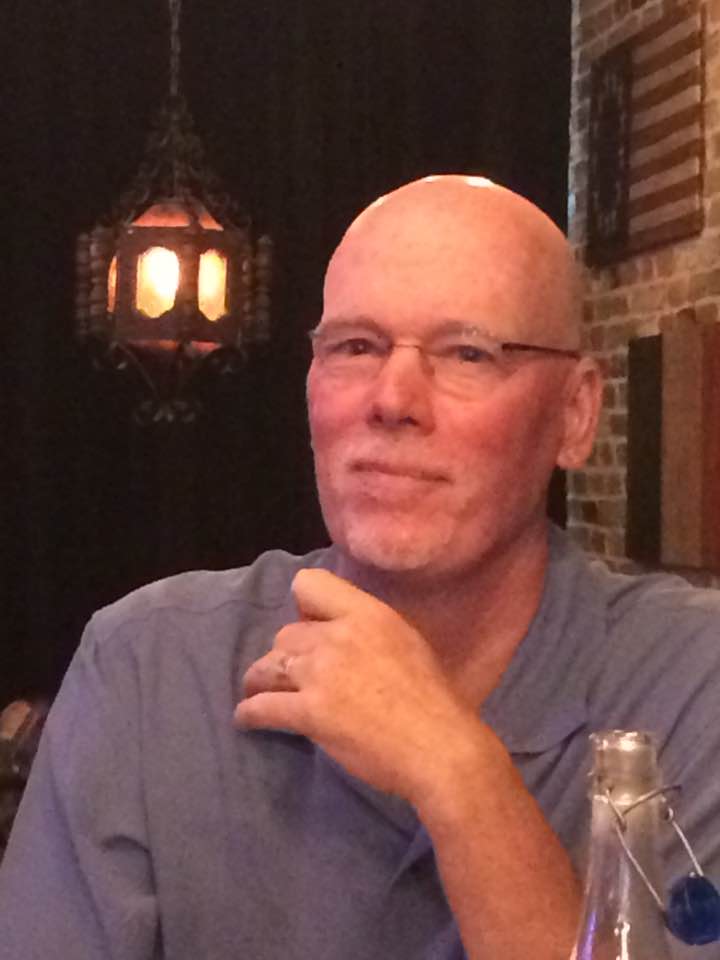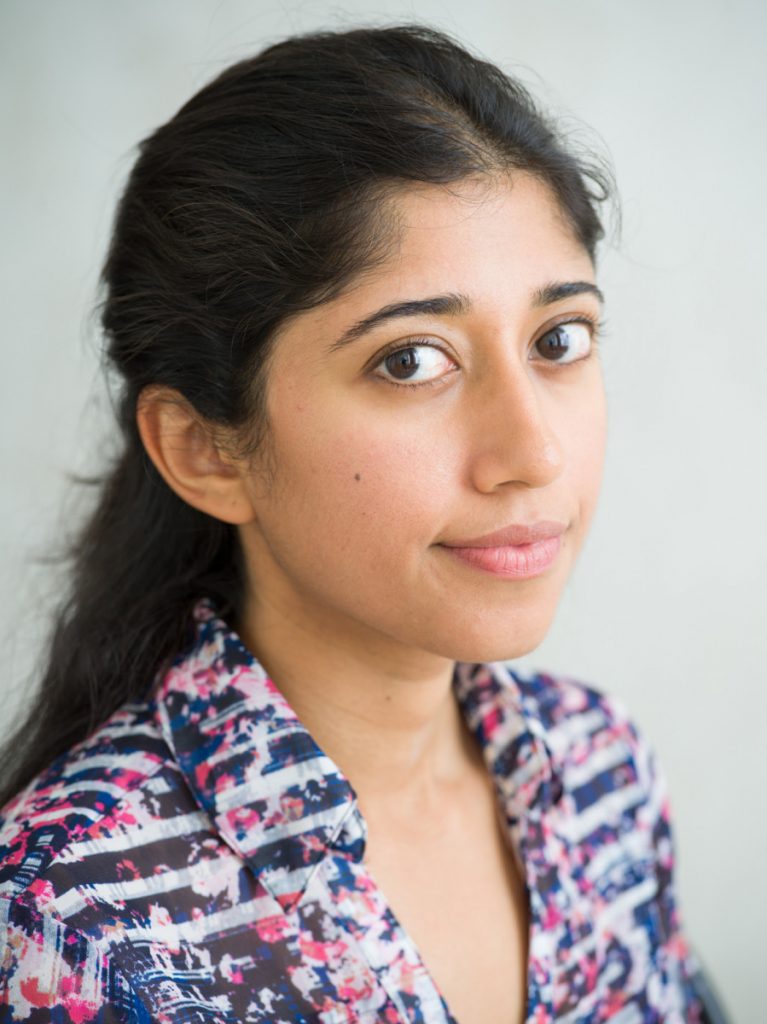SARAH VEST – STAFF WRITER

The act of putting pen to paper is a difficult one, but with the right tools in their toolkit, a good writer can make it look easy. Week Five’s poet- and prose writer-in-residence for the Chautauqua Writers’ Center — Philip Brady and Akil Kumarasamy — will explore some of these tools in a reading at 3:30 p.m EDT Sunday, July 25 on the CHQ Assembly Virtual Porch.
Brady is a returning poet-in-residence and will be reading a chapter from his verse book To Banquet with the Ethiopians: A Memoir of Life Before the Alphabet. He describes the book as a “reconstruction of two events.” One is a boy in the seventh grade who brings a prose translation of The Iliad with him to summer camp. The longer he is at camp the more he realizes that some of the acts of cruelty and violence he sees from the other campers are mirroring the events in the book, though he doesn’t fully comprehend it.
Running parallel to this boy’s narrative is an exploration of the moment when humanity discovered the technology of the Phoenician alphabet, which consists of 26 letters based on sound. This discovery, according to Brady, “changed everything.”
“Lines of poetry were conceived and spoken in one breath,” Brady said. “A person would tell a story and based on their ability to craft out of the air a structure that would then disappear with their breath. Now, of course, we all know writing is not that easy, and it’s not that spontaneous.”
Brady turns to Sophocles, who said that “nothing comes into the world without a curse.” The loss of the spontaneity and adaptability of oral storytelling is part of the curse of writing.
“Writing is a great thing. It changes our consciousness, changes our lives, our sense of the past. But the curse is, of course, that it’s really hard. It’s supposed to look easy,” Brady said. “That’s the part that’s the paradox.”
Brady is the author of five poetry books, a memoir and two essay collections. His work has been awarded the Snyder Prize from Ashland Poetry Press, a Foreword INDIES Gold award, six individual artist fellowships and the Governor’s Award from the Ohio Arts Council. He is the executive director of Etruscan Press and a distinguished professor of English at Youngstown State University.
He says that, to an extent, the book is addressed to people who engage in the arts and are “struggling with the dual nature of made things.” He chose this piece to read because he feels that it will resonate with Chautauquans who are writers themselves and are dealing with this paradox.
“We love the made things because they have permanence and they connect us to other people and to other places far beyond our kin,” Brady said. “But on the other hand they, to some extent, are not amenable to spontaneity.”
In addition to the reading, Brady will be giving a Brown Bag titled “The Book I Almost Wrote” at 12:15 p.m. EDT Tuesday on the Virtual Porch. He will also be teaching a workshop class called “What’s Pub Got to Do With It?”

Kumarasamy is the author of the story collection Half Gods, which was named a New York Times Editors’ Choice and was the recipient of the Bard Fiction Prize, Story Prize Spotlight Award and a finalist for the PEN/Robert W. Bingham Prize. Her work has appeared in Harper’s Magazine, American Short Fiction and the Boston Review. She has received fellowships from the University of East Anglia, the Provincetown Fine Arts Work Center, Yaddo and the Schomburg Center for Research in Black Culture. She is an assistant professor in the master of fine arts program at Rutgers University, Newark.
She will be reading a piece of short-form fiction titled “At the Birthplace of Sound” that can be found in her first book, Half Gods. She chose this piece because it was written in the second person and that “there’s a quality of it that lends itself to being read out loud.”
The story puts the reader in the shoes of a struggling actor who returns to his hometown in New Jersey and is set up on a date. According to Kumarasamy, the story deals with societal expectations and people trying to remain true to themselves and their aspirations in the face of adversity.
Her first book is a series of interlinked short stories, but Kumarasamy is currently working on her first novel, scheduled to come out next summer. She says that both long- and short-form fiction “have different challenges.” With short stories a writer can mix it up and play more because they are only stuck with it for only 20 pages. With something novel-length, a writer has to find something that they can stick with for a long time.
Kumarasamy is teaching a prose workshop called “Our Surreal & Strange World” over the course of Week Five. She will also be giving a Brown Bag at 12:15 p.m. EDT Friday on the Virtual Porch titled “Writing Through The Unknown.”




